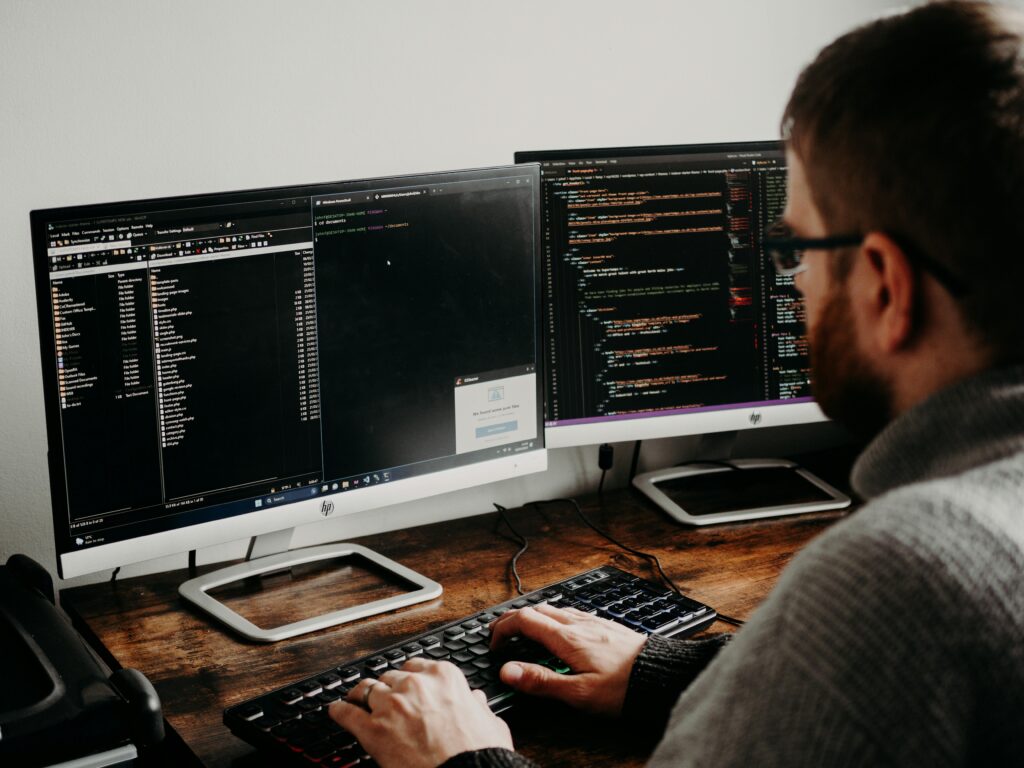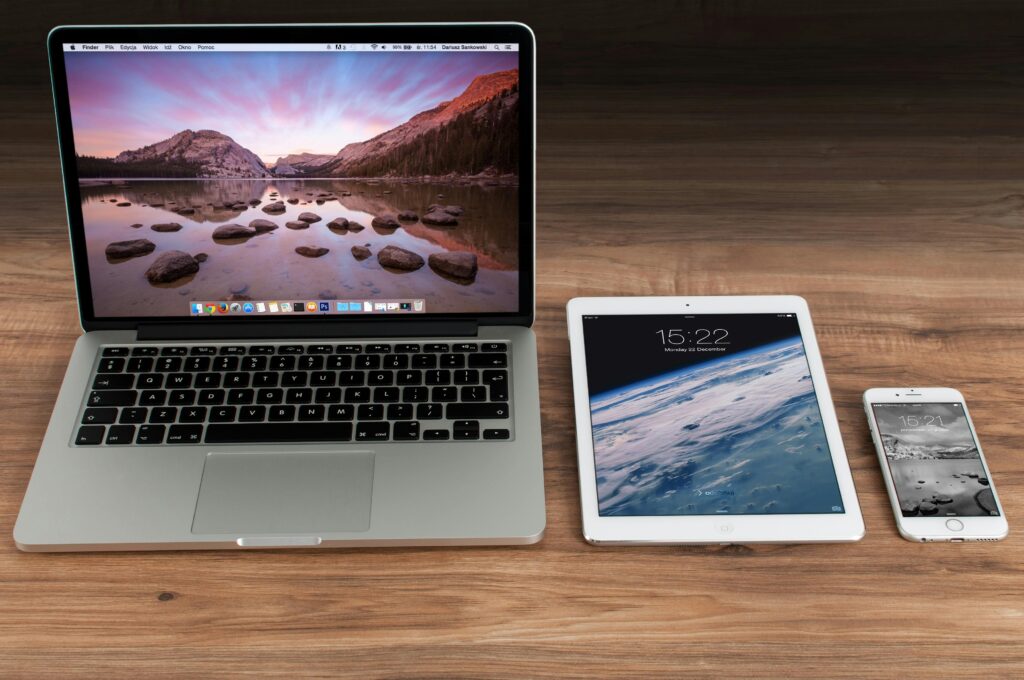Alright, let’s cut to the chase. You’re here because you’re either an aspiring ethical hacker, a cybersecurity enthusiast, or maybe just someone looking to level up your tech game. Picking the right laptop for hacking isn’t just about having a fast machine; it’s about finding the perfect blend of performance, portability, and the ability to handle complex tasks. In this post, I’ll walk you through what makes a laptop great for hacking and give you some solid recommendations.
First, here’s a quick table to summarize key specs to look for:
| Feature | Recommended Specs |
|---|---|
| Processor (CPU) | Intel Core i7 or AMD Ryzen 7 and up |
| RAM | 16GB minimum (32GB for heavy tasks) |
| Storage | 512GB SSD minimum |
| Graphics Card (GPU) | Dedicated GPU (optional, but helpful) |
| Display | 15-17 inches, Full HD or higher |
| Battery Life | At least 6-8 hours |
| Operating System | Linux-friendly or dual-boot capable |
Why Specs Matter for Hacking
Hacking isn’t just about tapping away on a keyboard like in the movies. It involves running virtual machines (VMs), analyzing large datasets, and using tools that can be resource-intensive. A weak laptop will choke under the pressure. Let’s break it down:
1. Processor (CPU)
The CPU is the brain of your laptop. For hacking tasks, you need a multi-core processor that can handle running several VMs or cracking passwords. Intel’s Core i7 or i9, or AMD’s Ryzen 7 or 9, are your best bets. These processors are built for multitasking and heavy workloads.
2. RAM
Think of RAM as your laptop’s short-term memory. Hacking tools like Wireshark, Metasploit, or Burp Suite, and running multiple VMs, can easily eat up RAM. Start with 16GB, but if you’re serious about diving into penetration testing or advanced cybersecurity, 32GB is ideal.
3. Storage
Solid State Drives (SSDs) are non-negotiable. They’re much faster than traditional hard drives, which means quicker boot times, faster file transfers, and less waiting around. Go for at least 512GB, but if you can stretch your budget, 1TB is even better—you’ll need the extra space for OS partitions and tool installations.
4. Graphics Card (GPU)
While a dedicated GPU isn’t essential for hacking, it’s incredibly useful if you’re into password cracking or GPU-accelerated tasks. Tools like Hashcat can take advantage of a powerful GPU to speed things up. NVIDIA’s GTX or RTX series is a great choice.
5. Display
A bigger screen makes multitasking easier. A 15- or 17-inch Full HD display is standard, but if you’re working outdoors or need high color accuracy, look for laptops with higher resolutions or anti-glare screens.
6. Battery Life
Hacking often involves working on the go. A laptop with 6-8 hours of battery life ensures you don’t need to hunt for an outlet constantly. If battery life is crucial, consider ultrabooks with power-efficient processors.
7. Operating System
Linux is the go-to OS for hacking. Look for laptops that allow you to dual-boot or come preloaded with Linux. If you’re stuck with Windows, you’ll need to install a Linux distro like Kali or Parrot OS.
Top Laptop Picks for Hacking
1. Dell XPS 15/17
- Why It’s Great: This powerhouse combines portability with performance. With an Intel Core i7 or i9, up to 64GB of RAM, and a 1TB SSD, it’s a beast for running multiple VMs. The 4K display option is a bonus for those who love high-resolution screens.
- Best For: Cybersecurity professionals and penetration testers.
2. Lenovo ThinkPad X1 Extreme Gen 5
- Why It’s Great: ThinkPads are a favorite among developers and hackers. This model packs a punch with Intel’s 12th-gen processors, NVIDIA RTX graphics, and a Linux-friendly setup.
- Best For: Professionals who need a reliable machine for both work and hacking.
3. ASUS ROG Zephyrus G14
- Why It’s Great: A gaming laptop with an AMD Ryzen 9 and NVIDIA RTX GPU, this machine is lightweight yet powerful. Its long battery life is a huge plus for working remotely.
- Best For: Ethical hackers who also enjoy gaming.
4. Apple MacBook Pro (M1 Pro or M2 Pro)
- Why It’s Great: While macOS isn’t as popular in the hacking community as Linux, Apple’s M1/M2 chips are incredibly fast. You can run VMs or dual-boot into Linux for hacking tasks.
- Best For: Developers and ethical hackers who prefer Apple’s ecosystem.
5. Framework Laptop
- Why It’s Great: This modular laptop is a dream for tinkerers. It’s fully customizable and Linux-friendly, so you can tailor it to your hacking needs.
- Best For: Hackers who want complete control over their hardware.
Tips for Choosing Your Hacking Laptop
1. Decide on Your Budget
Laptops for hacking can range from $1,000 to over $3,000. Figure out your budget and prioritize features that matter most to you. If you’re just starting out, a mid-range laptop with upgradeable RAM and storage is a smart choice.
2. Go for Upgradeable Machines
Some laptops let you add more RAM or swap out storage drives. This can save you money in the long run as your needs grow.
3. Check for Linux Compatibility
Not all laptops play well with Linux. Before buying, check forums or reviews to ensure the model you’re eyeing supports your favorite Linux distro.
4. Think About Portability
If you’ll be traveling or working in different locations, pick a laptop that’s lightweight yet durable. Ultrabooks and gaming laptops strike a nice balance here.
5. Don’t Forget Security
Since you’re diving into hacking, having a laptop with a TPM (Trusted Platform Module) chip or a built-in fingerprint reader can add an extra layer of security.
Wrapping It Up
The best laptop for hacking depends on your specific needs. Are you running heavy-duty password-cracking tools, or are you more focused on penetration testing and research? Whatever your goals, there’s a laptop out there for you.
Personally, I’d recommend starting with a Dell XPS or Lenovo ThinkPad if you’re serious about hacking. If you’re on a tighter budget, look at something like the ASUS Zephyrus G14. And hey, if you’re a fan of customization, the Framework Laptop is a game-changer.
Remember, hacking responsibly and ethically is the key to making a positive impact in the cybersecurity world. Good luck, and happy hacking!
Read more : Are Gaming Laptops Good for Hacking?




